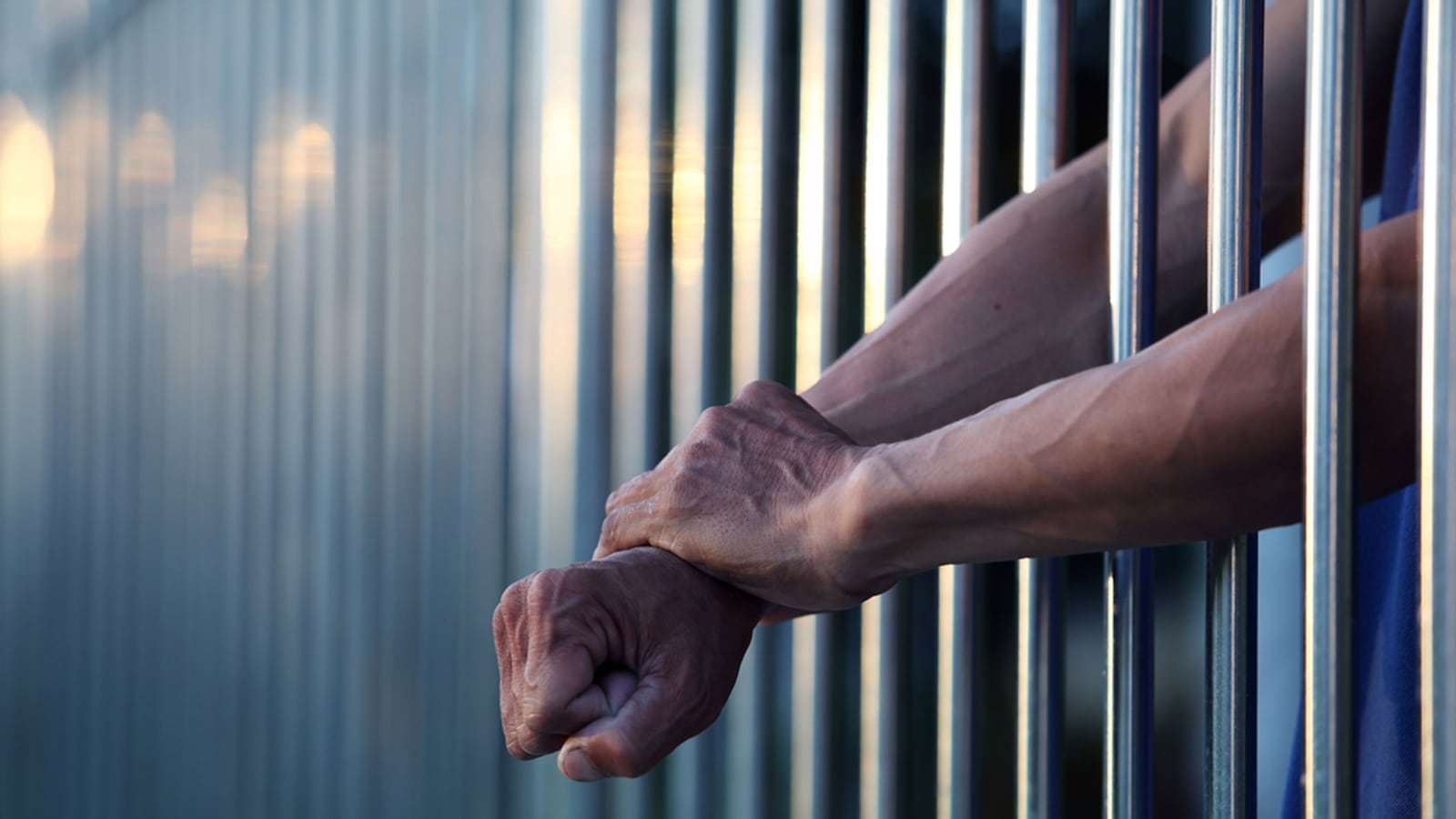Only one-third of inmates in the U.S. with mental-health problems receive treatment, according to a new Department of Justice report released Thursday. In federal prisons, about half of those who need treatment get it, DOJ found.
Inmates are five times as likely to have a mental-health problem than the general U.S. population. The report, by Jennifer Bronson and Marcus Berzofsky, found most prisoners and jail inmates with a mental-health problem have at some point received treatment in their lives. Overall, more jail inmates have a current mental health problem than federal prisoners.
A higher percentage of women meet one or both of the criteria: 20 percent of female federal prisoners 32 percent of female jail inmates. Whites were found to have reported a mental health problem more often than black and Hispanic inmates and prisoners.
Inmates and prisoners with less than a high-school degree were most likely to indicate a mental health problem, followed by those with a college degree and those with a high school degree or equivalent. Those with a college degree were most likely to have a history of mental illness. Lauren-Brooke Eisen of The Brennan Center for Justice said the disparity may be due to differing opportunities for diagnosis and time spent with teachers who may identify illness.
Researchers documented self-reported experiences that demonstrate a current mental health problem in the last 30 days and a self-reported history of a mental health problem. Major depressive disorder was the most common self-reported previous diagnosis among prisoners and inmates, followed by bipolar disorder, and post traumatic stress disorder.
Researchers also interviewed inmates and prisoners about how often they felt nervous, hopeless, restless, worthless, fidgety, felt everything was an effort, or felt so depressed that nothing could cheer them up.
Eisen said prisons and jails in the U.S. are being treated like “mental health warehouses.”
“Prisons are very ill-equipped to respond to mental health challenges, and there is almost no programing in jails. In prisons there is more programing than in jails but it's not enough and the programs that exist are very hard to get into. There are huge waiting lists to get into these programs and they prioritize those reentering society sooner.”
While many inmates and prisoners enter the system with a history of mental illness, Prison Policy Institute analyst Wendy Sawyer said the stresses of being incarcerated may contribute to the prevalence of mental health problems, as evidenced by the report’s finding that serious psychological distress is most often reported/experienced during the first month of detention.
“Once you're in jail, your life is going to be destabilized — you're going to lose your house, employment… It can have a snowball effect,” Sawyer said. “Again and again we are seeing people who are in crisis and are being put in jail for substance abuse issues or mental health issues and that’s just not the best way to be dealing with those problems. Jails aren’t treatment programs.”
Sawyer said jails in particular do not prioritize treatment and do not always have the resources to provide adequate treatment.
“Jails are locally operated, so you may be in a rural county somewhere and their treatment programs might be much less established.” Sawyer said. “By the time they figure out what treatment is needed, people may be released, so there might be logistically less opportunity to do that in jails.”
“Thirty-nine percent of Americans do not need to be incarcerated today,” Eisen said. “People cycle in and out of jail and are not getting the treatment they need.”
The most common treatment for inmates and prisoners indicating a mental health problem was prescription medications. But “throwing pills at people” is inadequate treatment, said ACLU National Prison Project Director David Fathi. He pointed to “the lack of a public health system” as the reason so many more inmates and prisoners are experiencing mental health problems as compared to the general population.
The Supreme Court ruled prisoners have the right to access mental health care, but Fathi noted this care is not being provided. “Medical care is often also inadequate too, but something like a broken arm, everybody can see it. Mental health care is still too often regarded as something that’s optional, rather than something the Supreme Court has ruled is required [for prisoners].”






